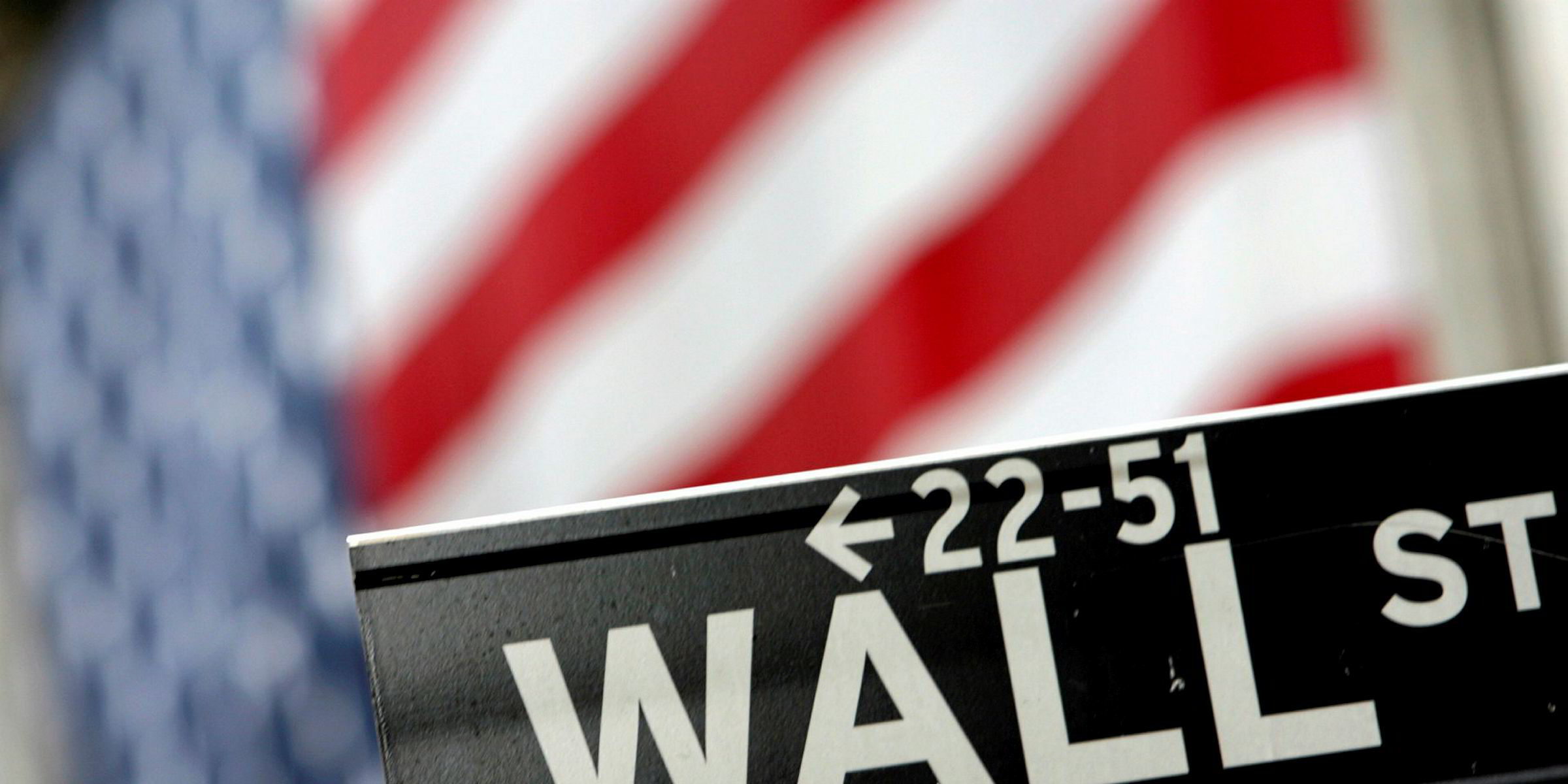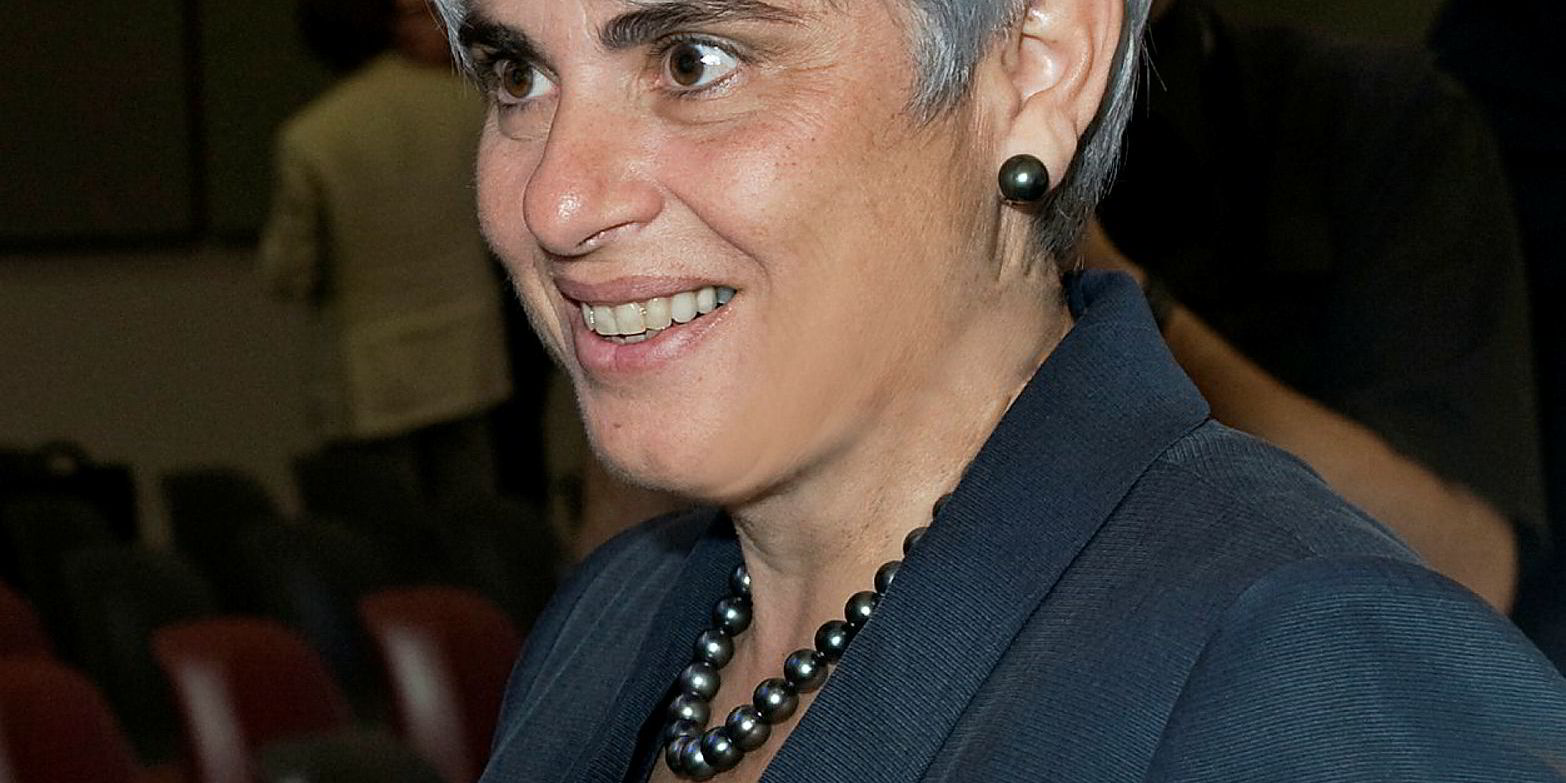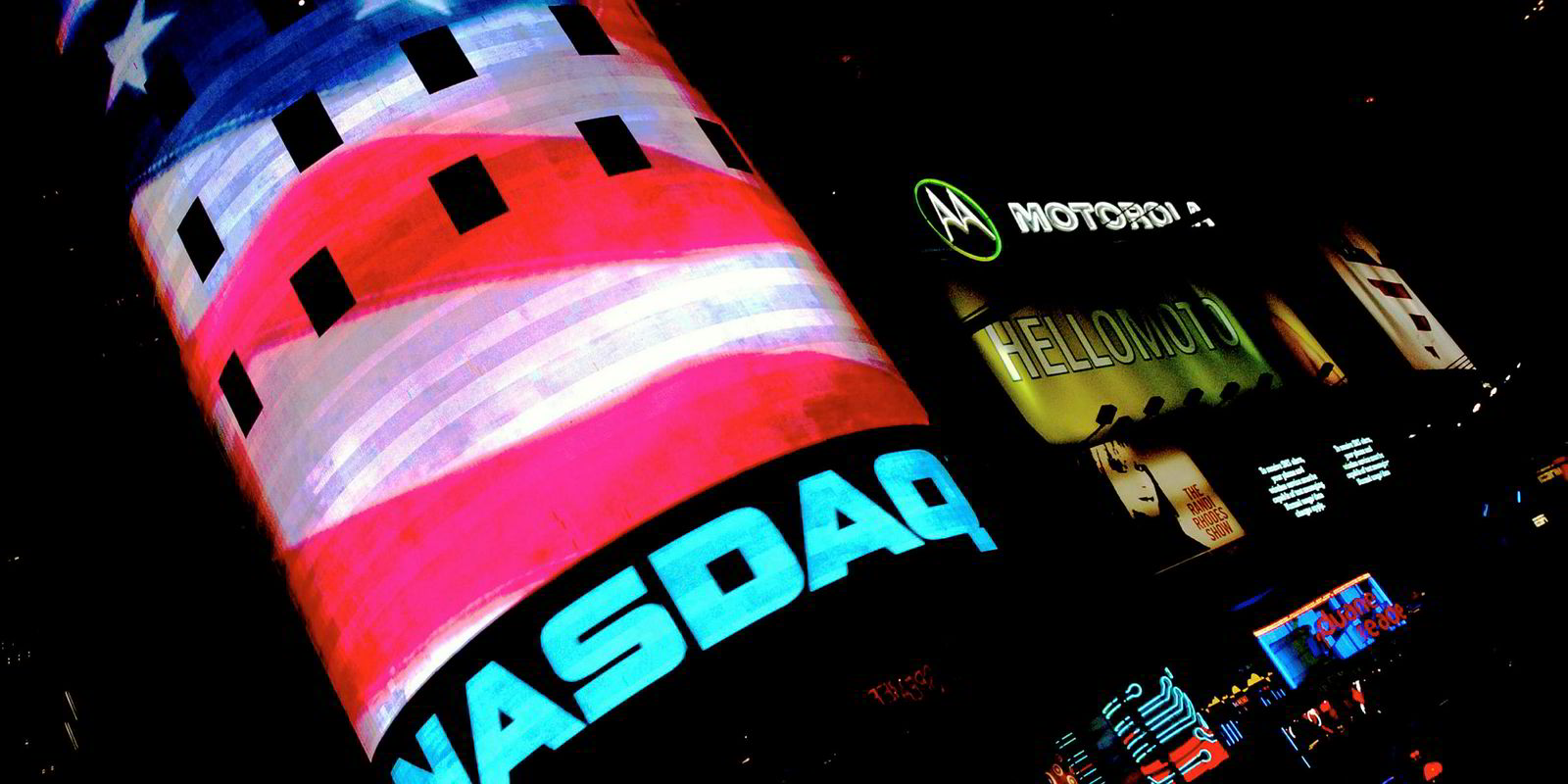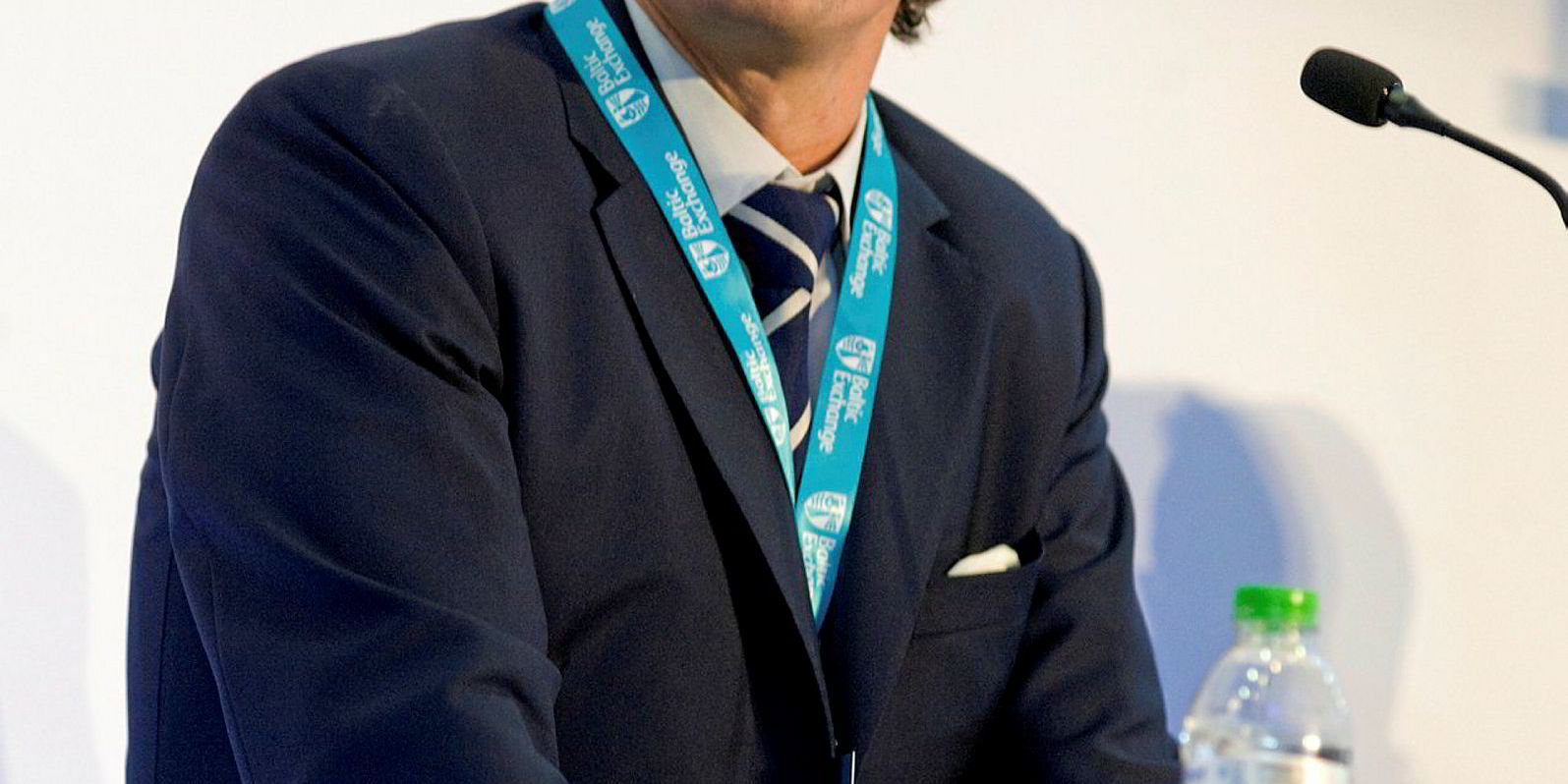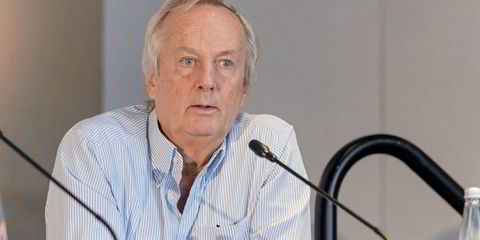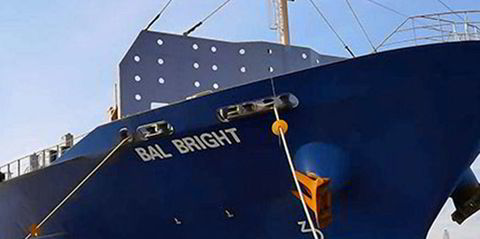Shipping faces “growing pains” in the US public equity market, and the emphasis seems to be on the pain part.
That was the assessment from a top investment banker and a panel of capital-markets specialists at today’s Capital Link New York Maritime Forum in Manhattan.
Shipping began 2018 with no shortage of optimism in US equity markets, but has ended the year in a very different place, panelists said. And though it’s only early October, the assessment had a late-December feel of finality.
“This year has certainly been challenging in terms of capital formation," said Christa Volpicelli, managing director and lead shipping investment banker for Citi.
“Issuance is way down in US capital markets. In some ways, it’s not completely a surprise. We have been talking for awhile about a trend of differentiated access to capital. Those with access are the larger companies.
“You see investors wanting larger companies where they can have a greater degree of trading liquidity. They want to see a differentiated platform. They want to see what is offered as a unique investment other than just value — an investor can always come in at some price.”
Volpicelli spoke amid the near certainty that shipping will go a third consecutive calendar year without a conventional shipping IPO being completed. The last deal sold was Gener8 Maritime in June 2015.
Dry bulk hopeful GoodBulk Ltd failed to list a bulker offering in June, and boxship owner Navios Maritime Containers struck out with its IPO in September. Both companies cited “postponement” of the deals after insufficient investor interest.
A backdoor attempt at a shipping listing also has seemed to go by the boards this week with Hunter Maritime Acquisition announcing it is trying to conclude a deal with a Chinese financial technology company after investors rejected a bulkers acquisition last year.
“We believe the markets will be there (going forward) but we are going through some growing pains as companies adjust to the new realities and differentiated access to capital,” Volpicelli said.
DNB Markets managing director Jae Kwon also lamented another lost year in the US equity market.
“We started the year quite bullish,” Kwon said. “But we’ve seen investors have more scrutiny around the issues of market capitalisation and trading liquidity.
“We do think these are positive developments in that they place increased focus on consolidation. Hopefully this is a wakeup call in terms of consolidation and trading liquidity.”
Still, Stifel managing director Chris Weyers pointed out that aside from the US equity market, many other capital markets had experienced a decent year.
In lending, the influx of Chinese leasing funds has made borrowing available at reasonable costs. Owners have been able to tap the Norwegian bond market over the course of 2018, and equity deals also have been possible in Oslo.
“Outside of common equity, the markets are working well,” Weyers said.
“The equity market is not working at all right now because owners are trying to make money on asset plays — people have tried that since the financial crash and nobody has made any money yet. US investors are looking more for sustained cash flows.”
Weyers raised another issue that almost certainly has been a factor in shipping’s New York equity slump.
“We also need to think about corporate governance because shipping has been plagued by not-good corporate governance. When IPOs do come back, it’s going to be essential that they all have good corporate governance.”
Both Weyers and Volpicelli said their teams are spending more time on merger-and-acquisition discussions than on IPOs for now.
In earlier morning panels, delegates heard that private equity continues its retreat from the sector except in specialised situations like alternative financing, and that traditional ship lenders are also proceeding with their exit except for the most-favoured clients.
“People coming in with proper equity and good cash flow and counterparties — those deals get done,” said Citi managing director Shreyas Chipalkatty.
“If it’s questionable, small and dodgy, it won’t get done.”
